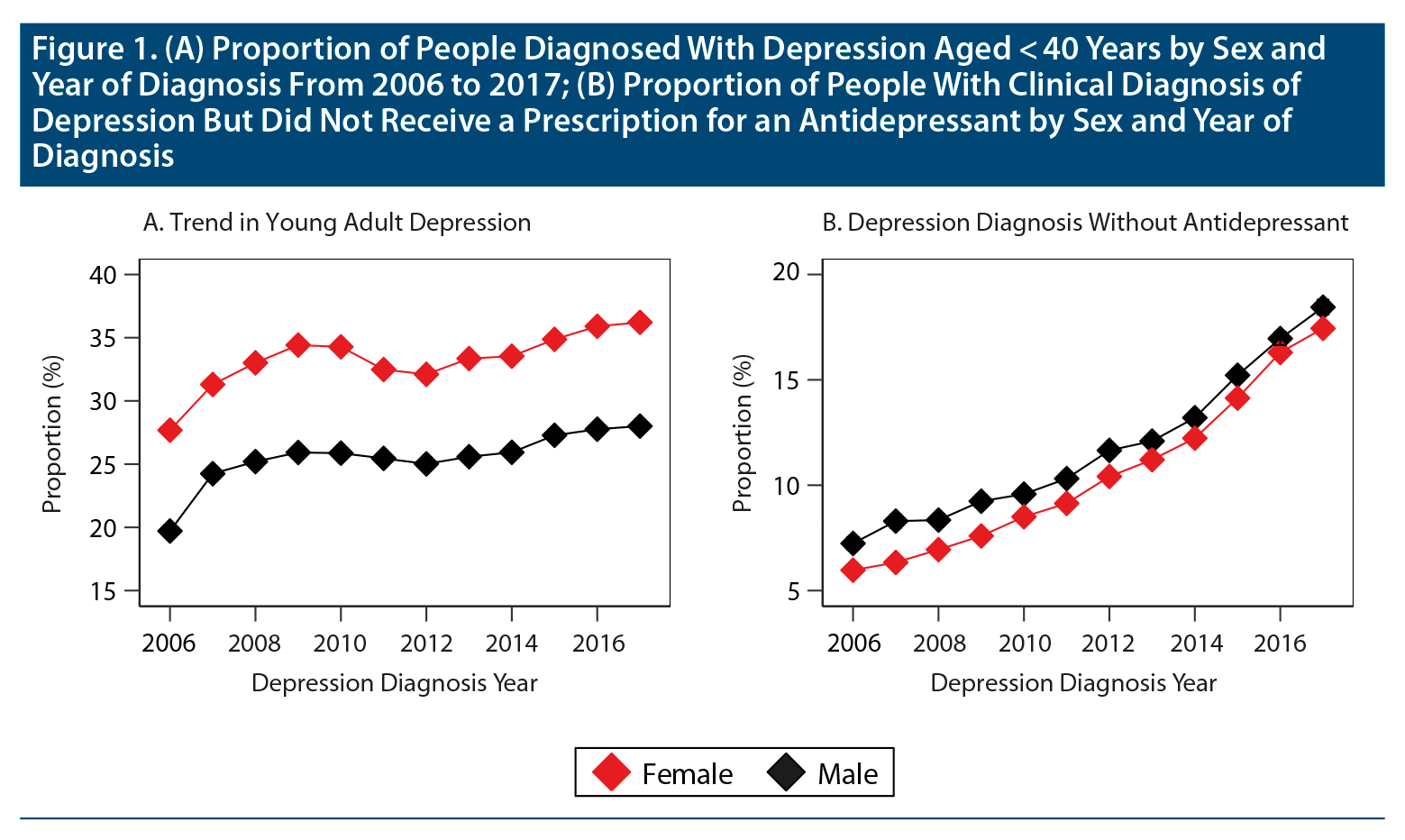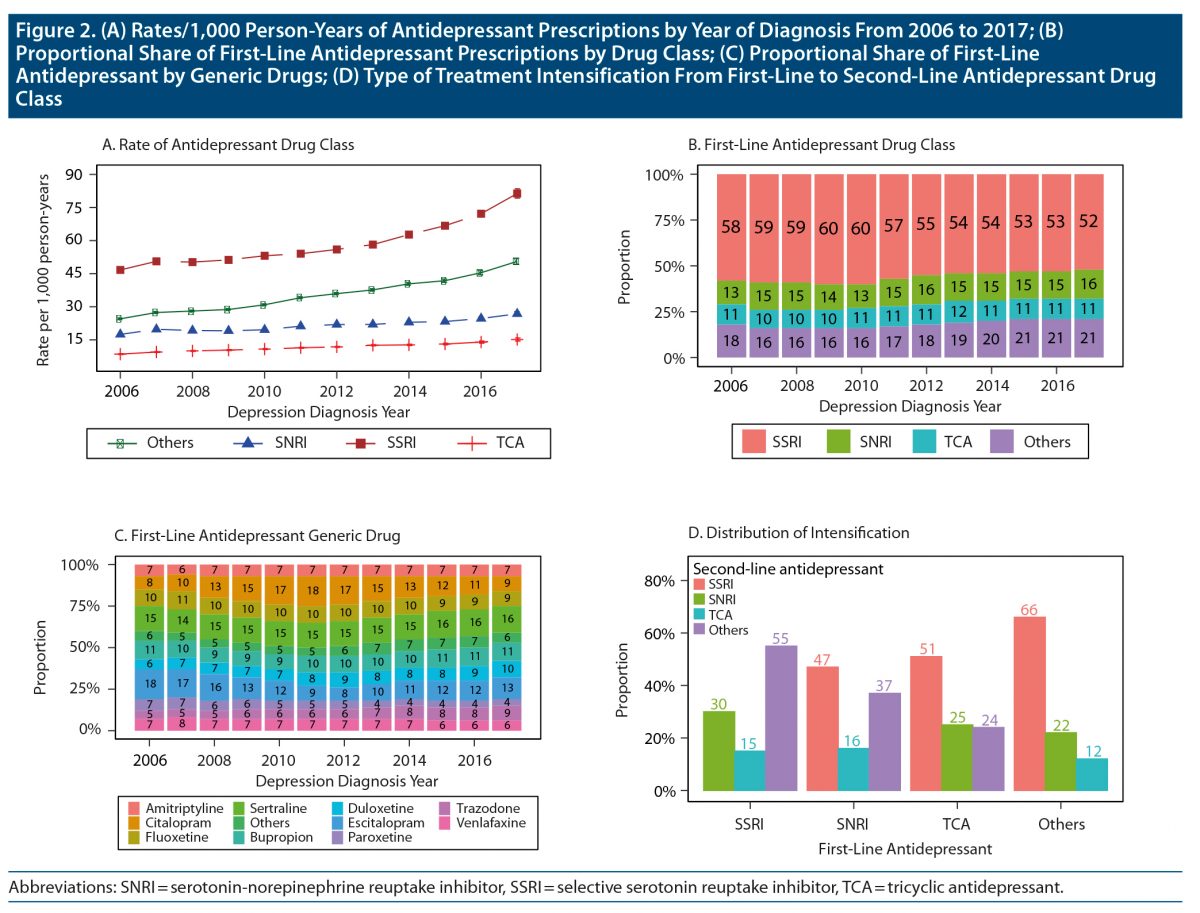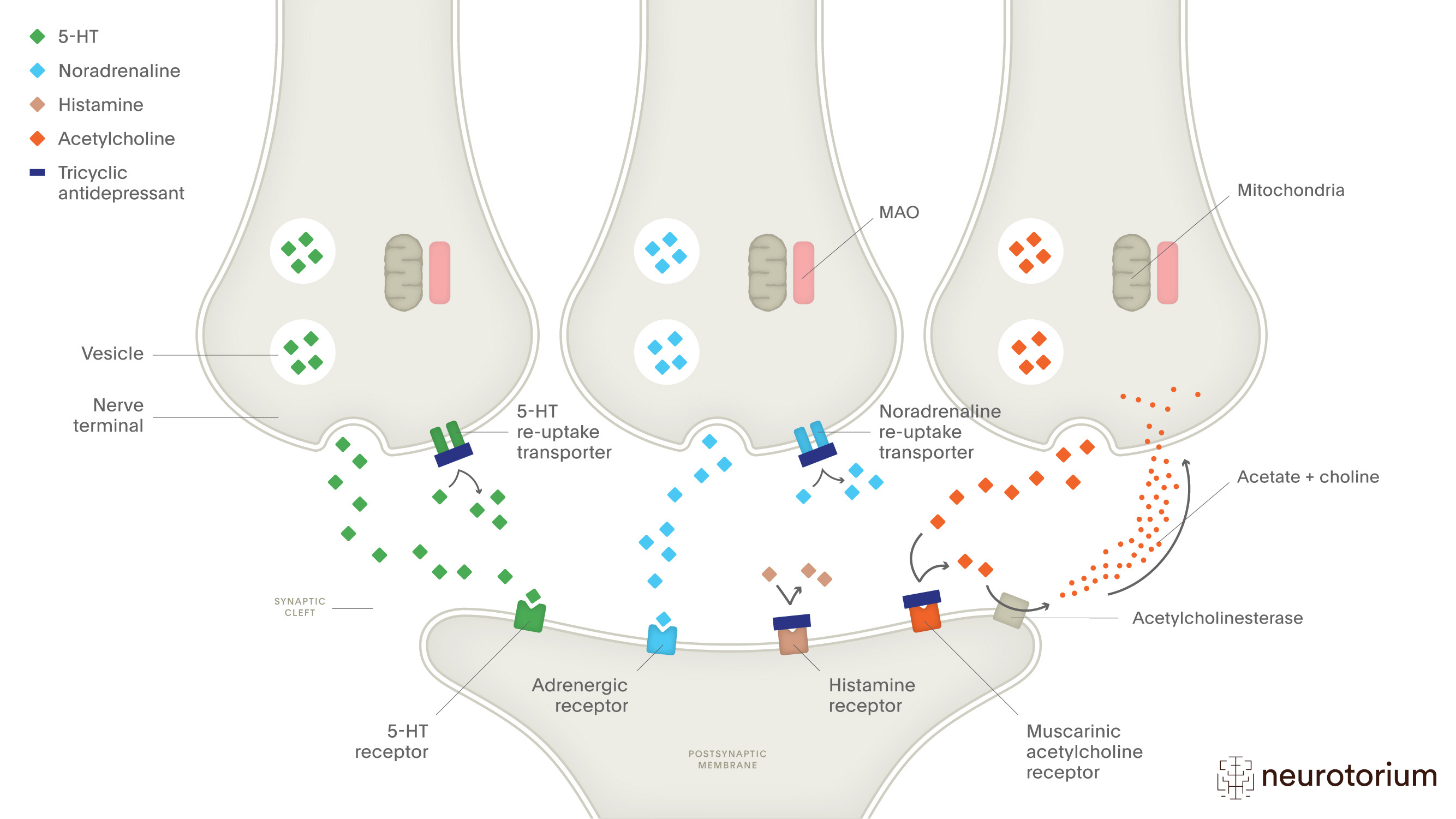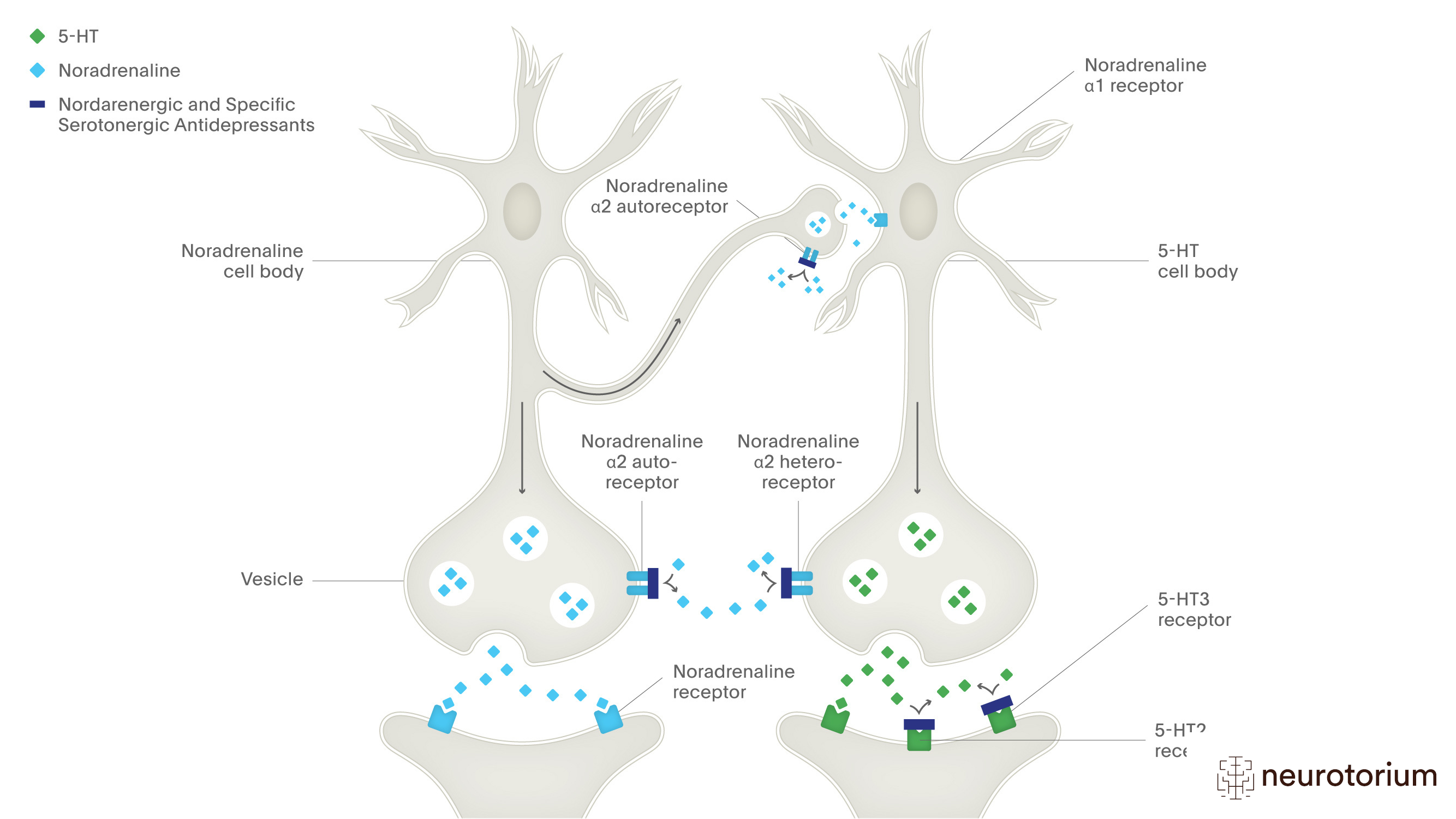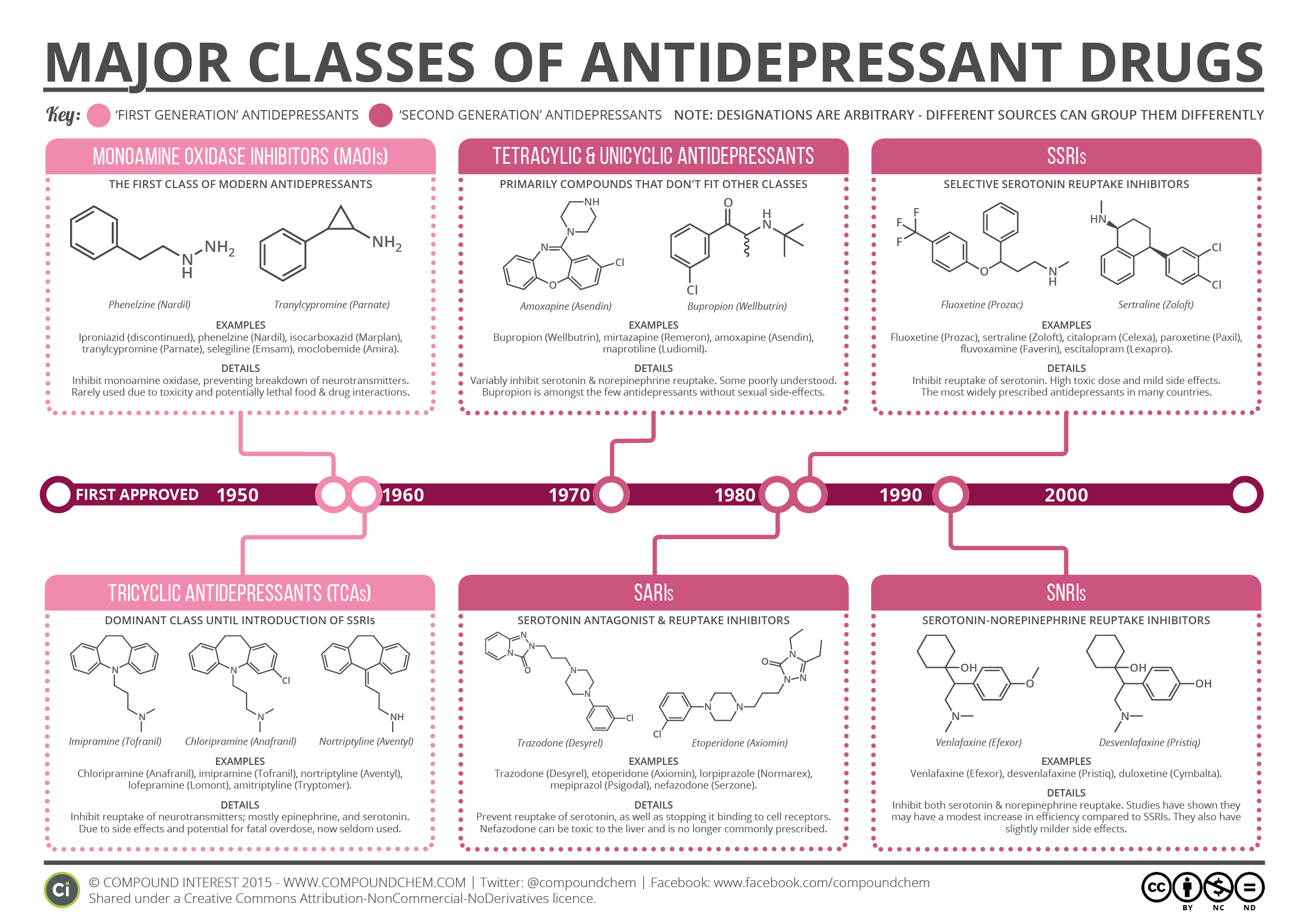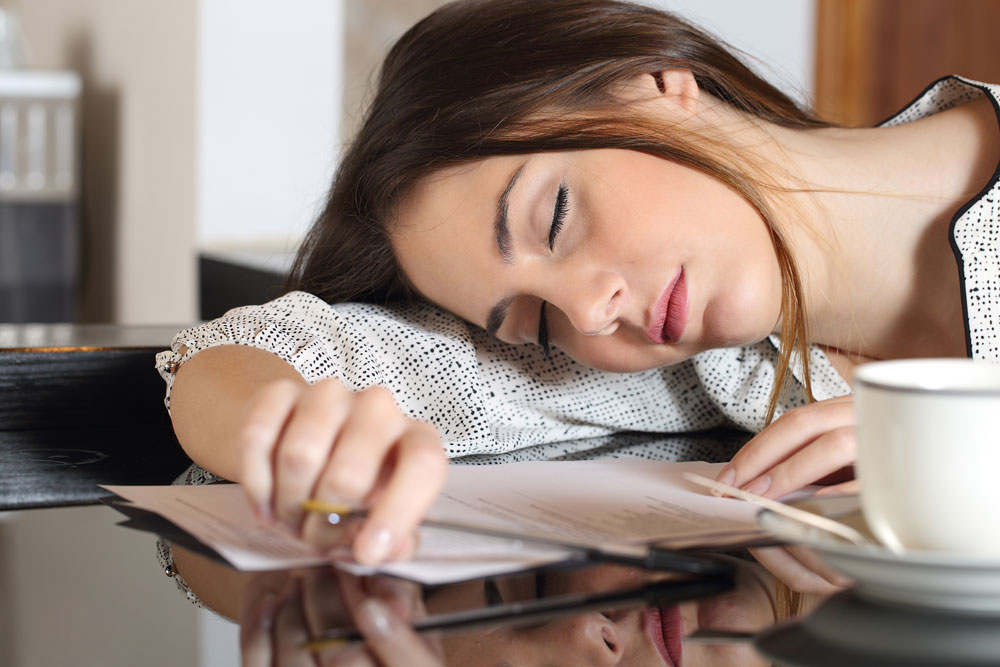
Key facts
- Antidepressants are medicines used to treat mental health conditions such as depression and anxiety.
- Antidepressants work on several chemicals in the brain (neurotransmitters) that influence mood.
- Different antidepressants cause different side effects, but common side effects include nausea, dizziness, weight gain and sexual problems.
- Most people need to take antidepressants for at least 6 to 12 months, but many people will take them for much longer.
- Don’t stop antidepressants suddenly — ask your doctor how to taper (gradually reduce) your dose to minimise withdrawal symptoms.
What are antidepressants?
Antidepressants are medicines used to treat mental health conditions including:
- depression
- anxiety
- eating disorders
- obsessive-compulsive disorder
- post-traumatic stress disorder
Medicine is just one strategy used to treat depression and anxiety conditions. Other treatments may also be needed, such as psychological treatments (talking therapy) or lifestyle changes.
How do antidepressants work?
Antidepressants affect several chemicals in the brain (neurotransmitters) that influence mood and anxiety, including:
- serotonin
- noradrenaline
- dopamine
- melatonin
Because of how they work, you may need to take antidepressants for a while before you see your symptoms improve.
If you have depression, you may begin to feel better 2 to 4 weeks after starting an antidepressant medication, but it can take up to 6 to 8 weeks to feel the full effect.
If you have an anxiety disorder, it may take 4 to 6 weeks before you start feeling better. It may take up to 12 weeks to feel the full effect.
In some people, antidepressants are not effective, no matter how long they take them for.
What types of antidepressants might I be prescribed?
There are many different types of antidepressants. They are grouped according to how they work in the body. Within each group, there are several different medicines that work in a similar way.
- Selective serotonin reuptake inhibitors (SSRIs) are the most commonly prescribed antidepressant class in Australia. While they are not necessarily more effective than others, they are usually well-tolerated by most people, which means that most people find that side effects are not too troublesome. Examples of this class of antidepressants include citalopram, escitalopram, fluoxetine, fluvoxamine, paroxetine and sertraline.
- Serotonin and noradrenaline reuptake inhibitors (SNRIs) have fewer side effects than SSRIs and may be used for more severe depression. They include duloxetine, venlafaxine and desvenlafaxine.
- Noradrenaline reuptake inhibitors (NARIs) work on noradrenaline and are less likely to cause drowsiness than other classes. This class includes reboxetine.
- Tricyclic antidepressants (TCAs) are less commonly prescribed today, as they are associated with more harmful side effects than newer medicines. They include amitriptyline, nortriptyline, clomipramine, dothiepin, doxepin, imipramine and trimipramine.
- Reversible inhibitors of monoamine oxidase A (RIMAs) are more commonly used to treat anxiety than depression. They include moclobemide.
- Noradrenalin-serotonin specific antidepressants (NaSSAs) are a relatively new class with fewer sexual side effects but can cause weight gain. This class includes mirtazapine.
- MAOIs (monoamine oxidase inhibitors) are rarely prescribed today due to their risk of side effects. They include phenelzine and tranylcypromine.
- ‘Atypical’ antidepressants that don’t easily fit into the classes above, and include agomelatine and vortioxetine. Agomelatine stimulate melatonin receptors to affect mood. Vortioxetine works on serotonin receptors, but in a different way to SSRIs and SNRIs.
Read more on a specific antidepressant medicine by searching the name in the online healthdirect Medicines tool.
What are the side effects or risks associated with antidepressants?
Like all medicines, antidepressants may have side effects. For most people, the side effects are not bad enough that they need to stop taking the medicine.
Different people may experience different side effects, so it’s important to talk to your doctor about your personal situation. Some people experience no side effects at all.
Side effects differ between antidepressants. Some antidepressant side effects may include:
- headaches and dizziness
- nausea
- weight gain
- anxiety or restlessness
- difficulty sleeping, or excessive sleepiness
- sexual problems, such as a low sex drive
Some of these side effects improve as your body gets used to the medicine.
It’s a good idea to ask your doctor or pharmacist about any common side effects associated with the antidepressant you have been prescribed.
Suicide risk when starting antidepressants
Some people, especially children and young people, can experience an increase in suicidal thoughts when they start taking antidepressants. This generally resolves over time as the medicine starts to work.
If someone you care about is starting antidepressants, it’s a good idea to look out for signs of suicidal thoughts or plans. If you are starting antidepressants yourself, think about what you can do to keep yourself safe if you start thinking about suicide.
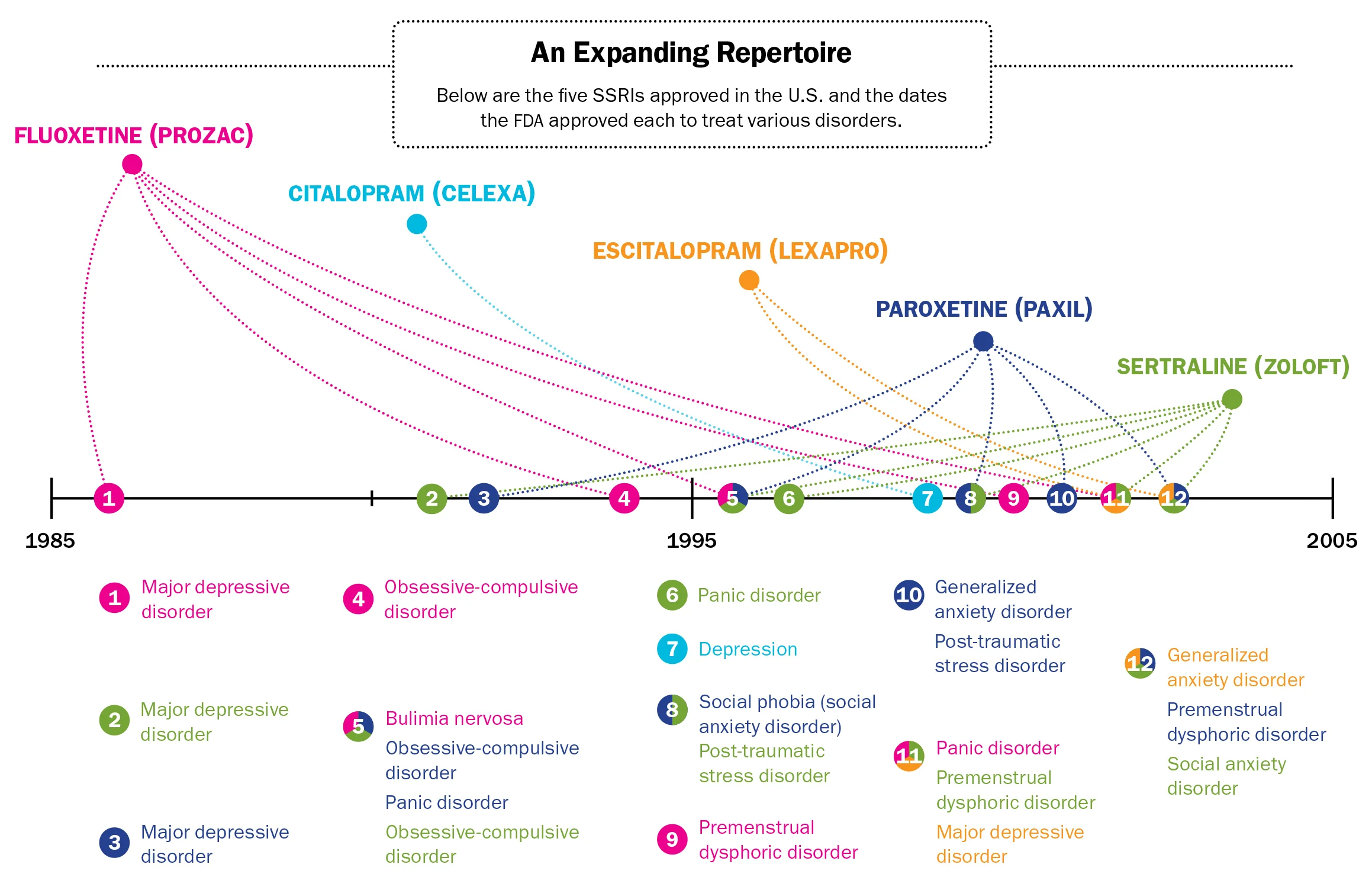
Learn about suicide warning signs and what to do.
Serotonin toxicity
A rare side effect of some antidepressants is serotonin toxicity (also known as serotonin syndrome). Symptoms of serotonin syndrome include:
- tremor
- poor coordination
- confusion or restlessness
- shivering, sweating or fever
- diarrhoea
This is more common if you are taking more than one antidepressant or are taking other medicines, including opioid medicines or recreational drugs.
You can reduce your chance of developing serotonin syndrome by taking your medicines exactly as prescribed by your doctor and avoiding recreational drugs.
How do I know which antidepressant is right for me?
Your doctor will take into account a range of factors when deciding which antidepressant to prescribe, including:
- your age
- your sex
- your main symptoms
- potential side effects
- potential interactions with any other medicines you are taking
- if you are pregnant or breastfeeding
- your preferences
You may find that one type of antidepressant is more effective than others at relieving your symptoms. It can take some time to identify which antidepressant is right for you, so it’s important to keep in touch with your doctor, especially when you first start taking an antidepressant. If the medicine is causing side effects, or isn’t working, your doctor can advise whether another type of antidepressant might be more suitable.
How do I take antidepressants
Most antidepressants are taken daily. Your doctor or pharmacist may recommend that you take your medicine at a certain time of day to minimise the chance of side effects. For example, you might prefer to take a medicine that can make you drowsy at night before bed.
How long you will need to take antidepressants will depend on your circumstances and how you respond to treatment. Some people take antidepressants for 6 to 12 months before stopping, without their symptoms recurring. Other people will need to take antidepressants for longer, sometimes for life.
Stopping antidepressants
Stopping antidepressants suddenly is likely to cause withdrawal symptoms including:
- nausea or vomiting
- dizziness
- confusion
- anxiety or agitation
- sweating
The specific withdrawal effects vary depending on the class of medicine you have been taking.
If you want or need to stop your antidepressant medicine, make sure to ask your doctor how to taper (gradually reduce) your medicine safely. Gradually reducing the dose of medicine you take will lower the chance of you experiencing withdrawal symptoms.
If your doctor recommends that you switch to a different antidepressant, ask them for specific instructions about when to taper and stop your current medicine, and when to start the new one.
When should I see my doctor?
If you are experiencing symptoms of depression or anxiety, see your doctor. They can help you identify the best strategy to relieve your symptoms.
You should also speak to your doctor if you:
- experience side effects that trouble you
- continue to experience symptoms, despite treatment
- become pregnant or start breastfeeding
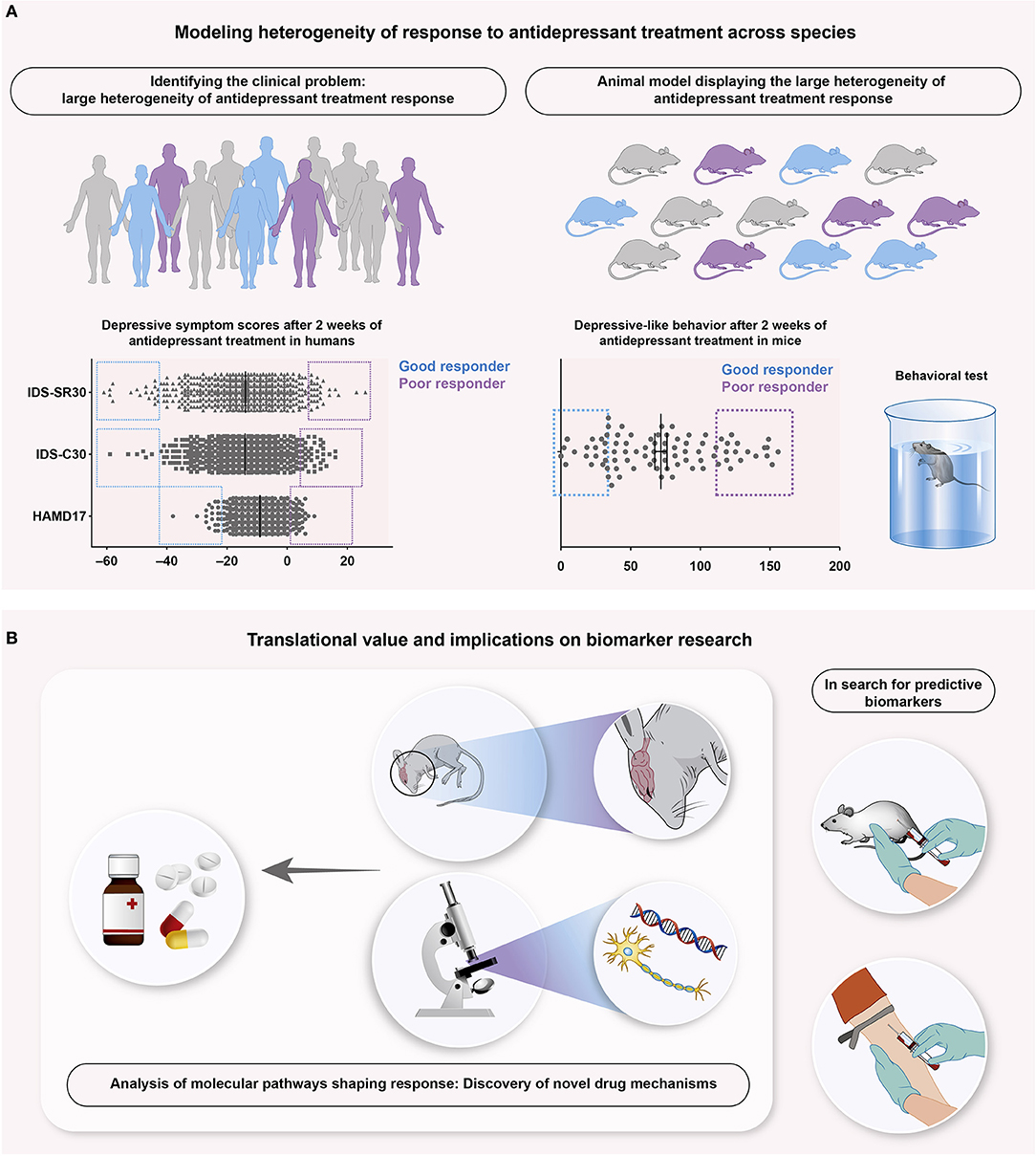
What else can be used to treat depression and anxiety?
There are many strategies that can help relieve your symptoms of depression and anxiety, including:
- psychological therapies
- lifestyle changes
- medicines
Some people feel better with psychological therapy alone. Others find it best to use a combination of antidepressants and psychological therapy.
There are many different psychological therapies. The most common is cognitive behavioural therapy. This therapy aims to identify and change your negative thoughts and how you react to them. Other types of therapy aim to get you to accept your thoughts and environment in a non-judgemental way.
Lifestyle changes can also help:
- Exercise can help improve your mood and self-esteem as well as reduce the risk of weight gain (a common side effect of antidepressants).
- Reduce or avoid alcohol, because having alcohol can make depression worse.
- Ensure you get enough sleep, as sleep deprivation can make your mood symptoms worse.
- Eat a healthy and balanced diet.
- Relaxation and meditation can help improve symptoms of depression.
Some people find that certain herbal medicines, such as St John’s wort extract, help relieve mild symptoms of depression and anxiety. Other people take herbal medicines to help with sleep.
If you choose to take herbal medicines or remedies, make sure to let your doctor know, as they can interact with medicines your doctor prescribes.
